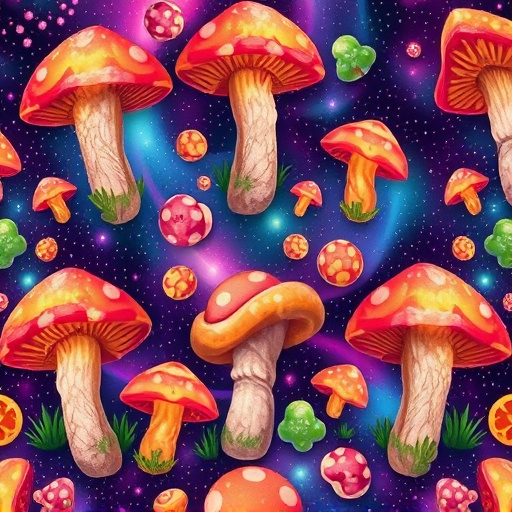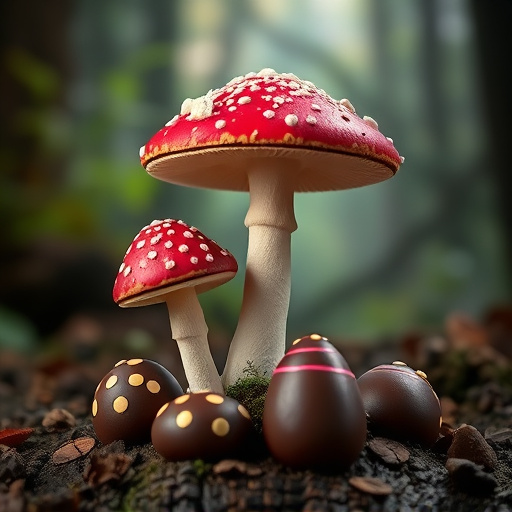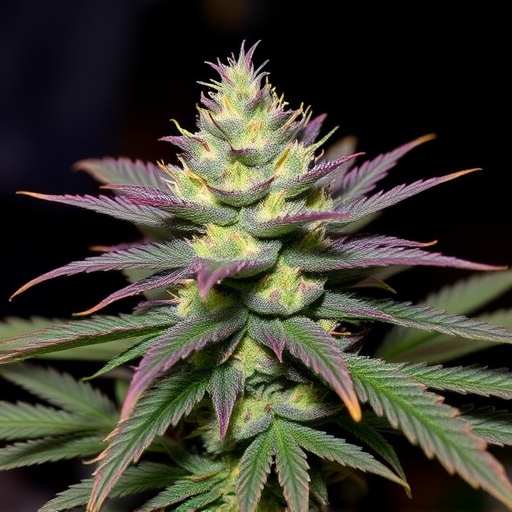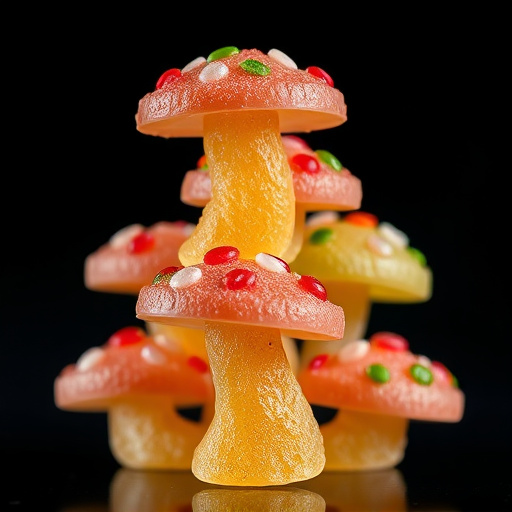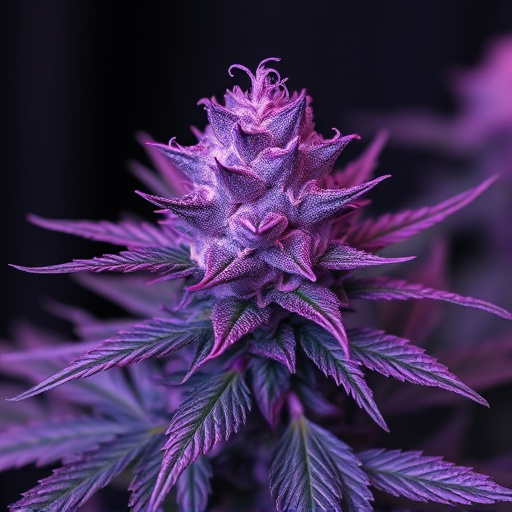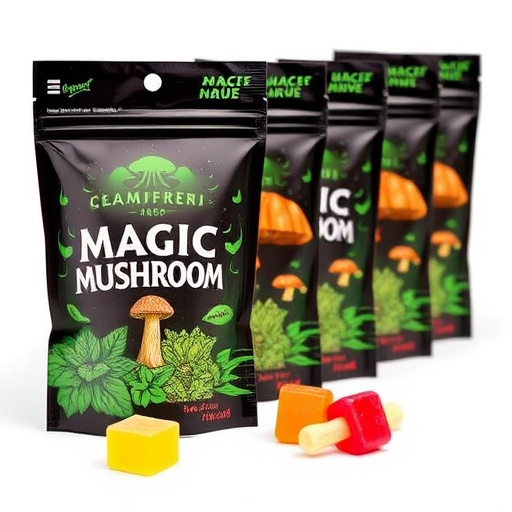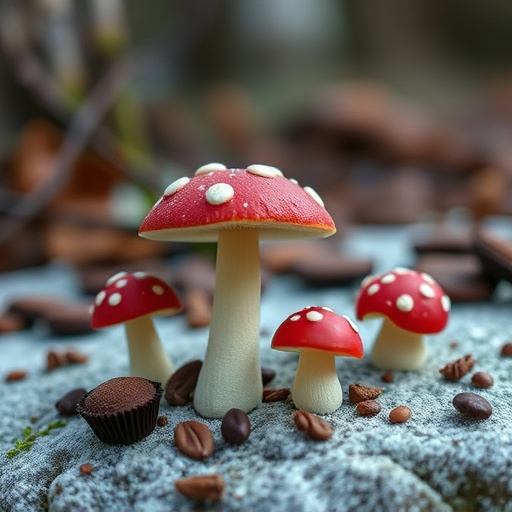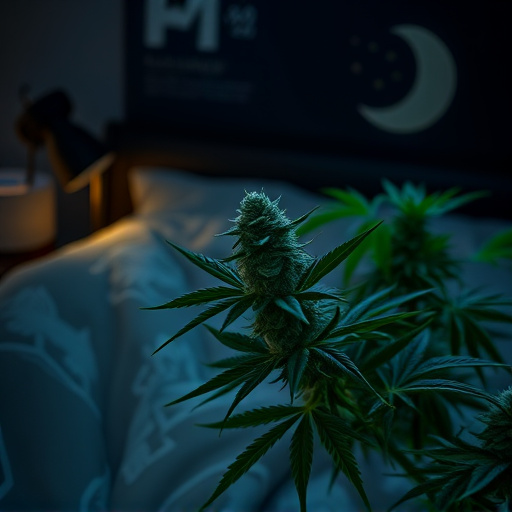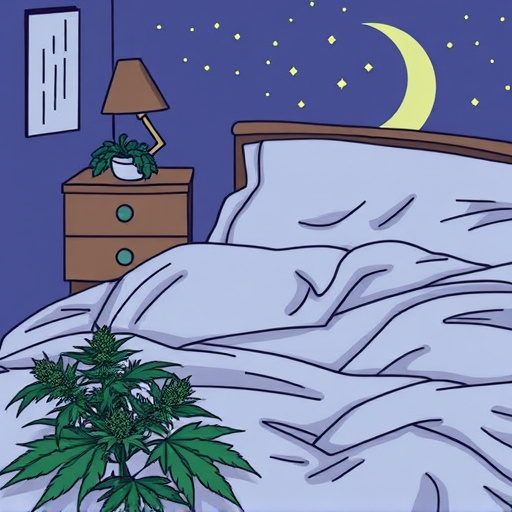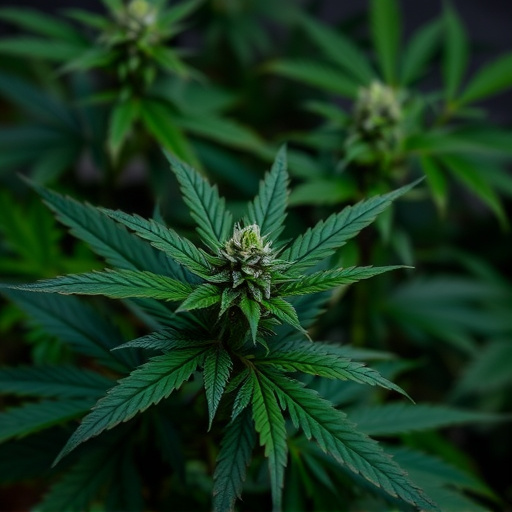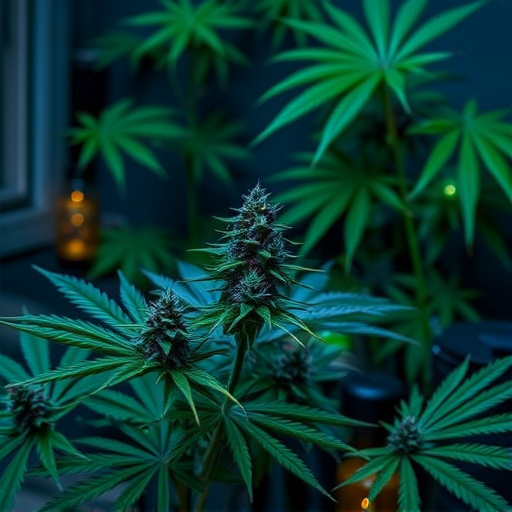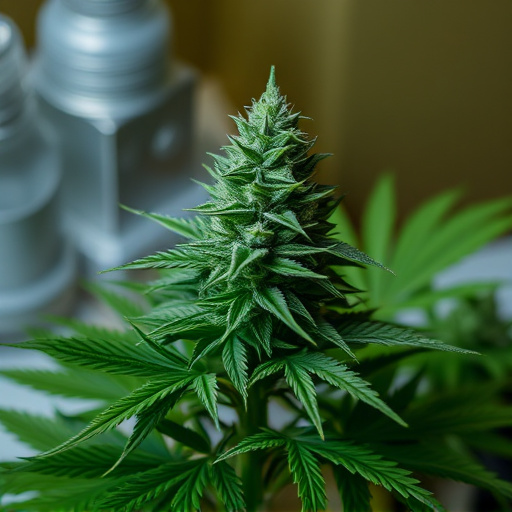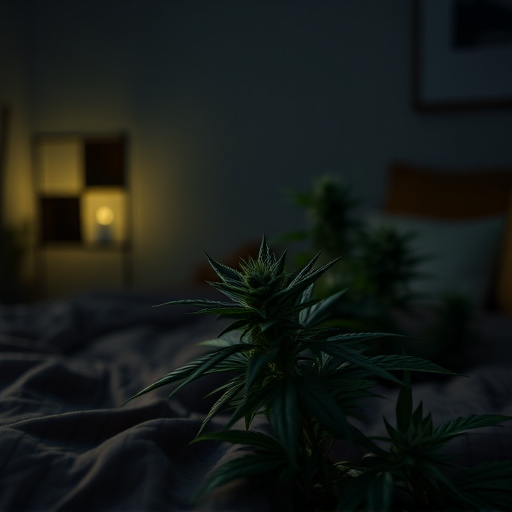Insomnia is a common sleep disorder, and cannabis flower offers a potential natural remedy. The effectiveness of different cannabis strains lies in their terpenes (e.g., linalool, myrcene) and cannabinoids (THC, CBD), which interact with the endocannabinoid system to induce relaxation, deeper sleep, and stress alleviation. Strains rich in CBD and low THC are ideal for insomnia treatment, promoting better sleep quality without anxiety or drowsiness. Consumption methods like edibles, tinctures, or vaporizers allow for adjustable dosing. Always consult healthcare professionals before using cannabis for medical purposes, considering local laws regarding its use for insomnia.
Discover the potential health benefits of cannabis flower for managing insomnia. This natural alternative offers a calming effect, helping you achieve restful sleep. In this article, we delve into understanding insomnia’s impact on your well-being and explore specific cannabis strains known for their soothing properties. Learn about key compounds like THC and CBD, their effects on sleep, and how to safely integrate cannabis into your sleep routine through various consumption methods and dosage guidelines.
- Understanding Insomnia and Cannabis Flower: Unlocking Natural Relief
- Exploring Cannabis Strains for Insomnia: Key Compounds and Their Effects
- Integrating Cannabis into Your Sleep Routine: Dosage, Consumption Methods, and Safety Tips
Understanding Insomnia and Cannabis Flower: Unlocking Natural Relief
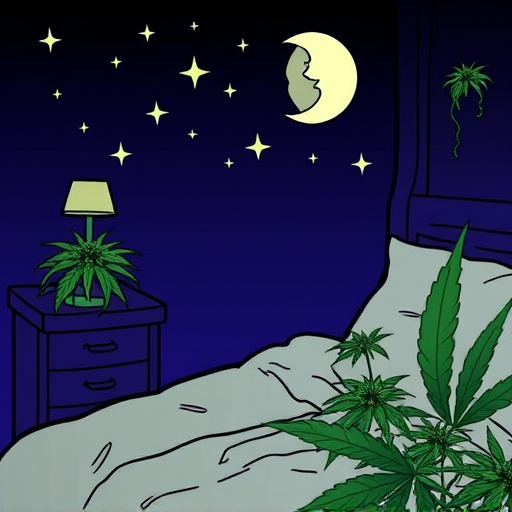
Insomnia, a common sleep disorder, affects millions worldwide, leading many to seek natural remedies. Cannabis flower has emerged as a potential solution, offering relief for those struggling with insomnia and its associated symptoms. Understanding the relationship between cannabis strains for insomnia is crucial in unlocking its therapeutic benefits.
Cannabis contains various compounds, including terpenes and cannabinoids like THC and CBD, which interact with the body’s endocannabinoid system. This system plays a vital role in regulating sleep, appetite, mood, and pain perception. Different cannabis strains have unique compositions of these compounds, making them suitable or less suitable for specific conditions, such as insomnia. Certain strains known for their sedative properties can help induce relaxation, promote deeper sleep, and alleviate the anxiety and stress that often accompany insomnia.
Exploring Cannabis Strains for Insomnia: Key Compounds and Their Effects

Exploring specific cannabis strains for insomnia involves understanding the key compounds within each variety and their distinct effects on the body’s natural sleep-wake cycle. Cannabidiol (CBD) is a non-intoxicating compound known for its calming properties, which can help alleviate stress and anxiety often associated with insomnia. It promotes relaxation without inducing drowsiness, ensuring you wake up refreshed rather than groggy.
Terpenes, aromatic compounds found in cannabis, also play a significant role. Linalool, for instance, is a terpene commonly found in sleeping aids due to its calming effects. It’s known to increase melatonin production, a hormone that regulates sleep-wake cycles. Myrcene, another terpene, has been linked to pain relief and anti-inflammatory properties, contributing to a deeper, more restful sleep. Selecting cannabis strains rich in these compounds can offer targeted support for insomnia, providing both relaxation and improved overall sleep quality.
Integrating Cannabis into Your Sleep Routine: Dosage, Consumption Methods, and Safety Tips
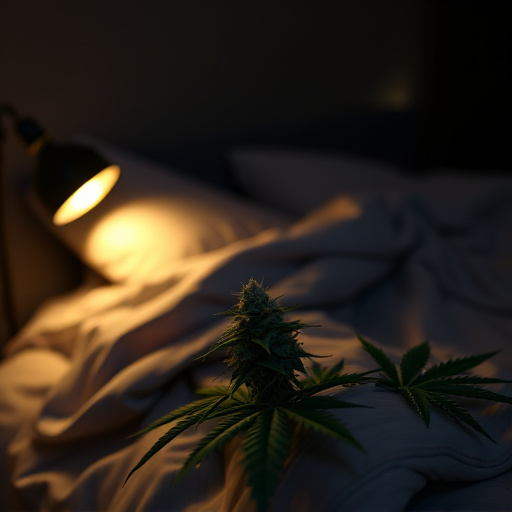
Integrating cannabis into your sleep routine can offer a natural approach to managing insomnia and promoting better rest. When considering cannabis strains for insomnia, look for those with higher levels of CBD (cannabidiol) and lower THC (tetrahydrocannabinol) content, as CBD has been linked to reduced anxiety and improved sleep quality without the psychoactive effects associated with THC.
Consumption methods play a crucial role in dosing. Edibles and tinctures allow for precise dosing, while vaporizers provide quicker relief. Start with low doses, around 5-10mg of CBD per serving, and gradually increase as needed based on your body’s response. Safety tips include consulting healthcare professionals before incorporating cannabis into your routine, especially if you have pre-existing health conditions or are taking other medications. Additionally, be mindful of local laws and regulations regarding cannabis use.
Cannabis flower offers a natural alternative for managing insomnia, with various strains specifically tailored to promote restful sleep. By understanding the key compounds and their effects, individuals can make informed choices about dosage and consumption methods. Integrating cannabis into your sleep routine safely and effectively could be the game-changer you need for improved sleep quality. Remember that, as with any substance, responsible use is essential, and consulting a healthcare professional before trying cannabis for insomnia is advised.
